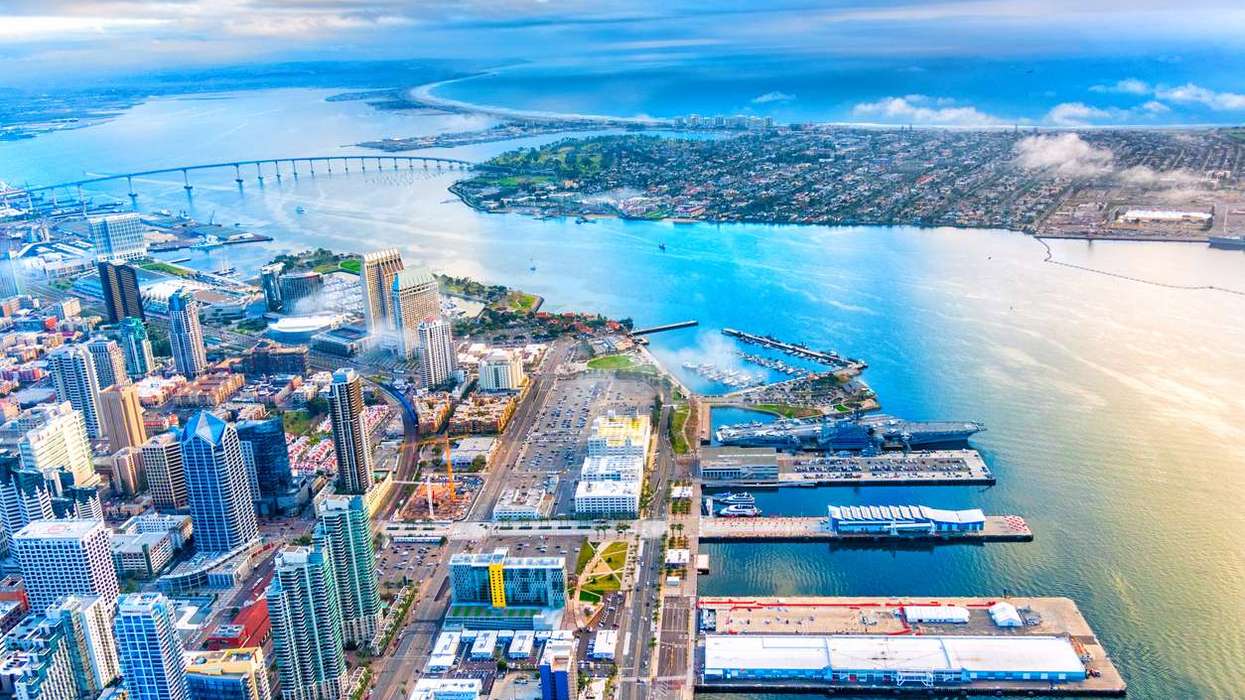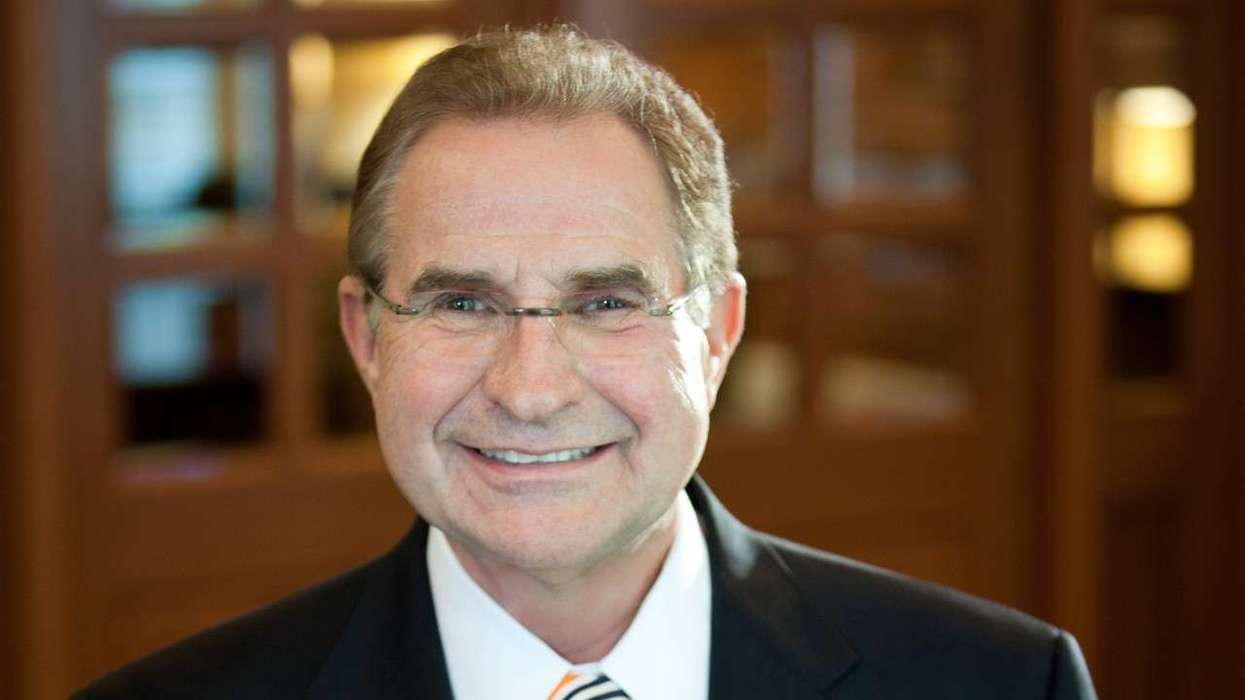THE SHORT-TERM rentals market, including online stay-share giant Airbnb, has grown to a point it is affecting the valuation of traditional hotels, according to CBRE. At the same time, the STR industry’s growth is slowing as it moves away from large urban markets approaching saturation.
STRs are expected to expand to around 650,000 actively rented units in the U.S. this year, according to CBRE. That equals 12.2 percent of the country’s hotel-room supply with much of the growth occurring in suburban, rural and resort markets.
STRs can be houses, condos or apartments offered for nightly rent on online platforms like Airbnb and Expedia Group’s VRBO and HomeAway. Their presence in a market can limit traditional hotels’ ability to raise rates by offering lower prices in times of high demand and low vacancy when hotel rates typically rise, according to CBRE. This in turn can dampen hotel construction in certain STR saturated markets.
The traditional hotel industry can no longer ignore the impact of STRs on the market, said Tommy Crozier, executive vice president over CBRE’s National Hotels Advisory Practice.
“It’s clear that STRs can have a direct and meaningful impact on hotel performance and asset values,” he said. “The impact might be more pronounced in some submarkets than in others, contingent on conditions, but it is a legitimate impact nonetheless.”
The STR industry’s growth rate for 2020 is expected to be 19 percent, down from 26 percent in 2019 and 39 percent in 2018. The reasons for that slowing include the newer industry’s shift away from large urban markets that may be at or approaching saturation levels where STR supply equals 10 to 20 percent of hotel-room supply.
Markets with high tourist draws, such as Los Angeles and Miami, can sustain supply ratios in the high teens to 20 percent. Traditional hotels in such markets can rely on consistent demand from nearby stadiums, concert venues, convention centers and similar demand drivers, while suburban hotels are more susceptible to rate dampening from the presence of STRs.
“The STR industry continues to grow as a somewhat comparable and slightly cheaper alternative to traditional hotel rooms,” said Jamie Lane, senior managing economist at CBRE Hotels Research. “But the industry’s growth has changed course in recent years to focus on suburban, rural and resort markets, which now represent about 80 percent of the industry’s room supply, up from roughly half in 2014. In urban markets, the related slowdown in STR growth might provide some relief to hotel owners.”
The top 10 U.S. markets and the percentage of STR penetration are.
Los Angeles, 22.3 percent
San Diego, 15.9 percent
Miami, 19.2 percent
Seattle, 14.9 percent
Austin, Texas 18 percent
New Orleans, 14.2 percent
New York, 16.8 percent
Tampa, 13.8 percent
Orlando, 16.2 percent
San Jose/Santa Cruz, California, 13.7 percent
The traditional hotel industry has been concerned with the growth of the STR market particularly in recent years as Airbnb acquired hotel booking service HotelTonight last year.





